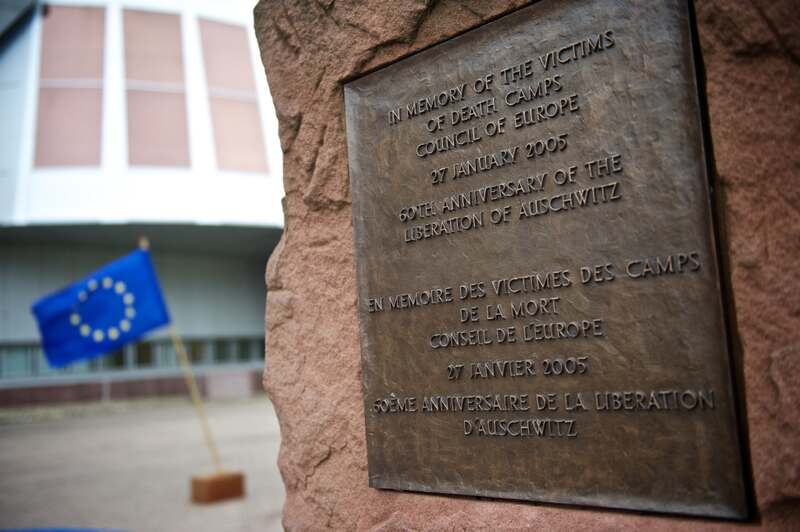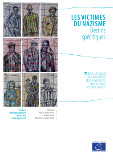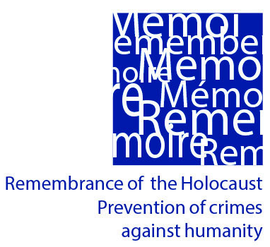“We share a commitment to commemorate the victims of the Holocaust and to honor those who stood against it. We will encourage appropriate forms of Holocaust remembrance, including an annual Day of Holocaust Remembrance, in our countries”
Without memory, no future. From a European institution perspective, the commemoration of all the victims of the Holocaust and of the Nazi regime is to remind all of us that on this continent the worst is always possible.
As every year, the Council of Europe will commemorate all the victims of the Holocaust and of the Nazi regime through an official ceremony in the headquarters of the Council of Europe with the presence of the Romanian President, of the Cyprus President as chair of the Committee of Ministers.
Several activities and ceremonies, supported by Council of Europe external offices, will be held in different cities (Kiev, Venice, Tirana, Sarajevo, Chisinau). Music, theatre, songs will be shared in several corners of Europe to remember the voices of all the ones who were killed. On the 26 of January, a training day for secondary pupils will be held in the European Youth Centre in Strasbourg in cooperation with the “Centre Européen du Résistant Déporté”. The programs of some of these activities can be found enclosed.






